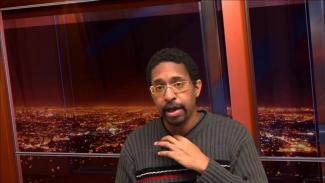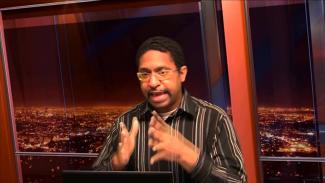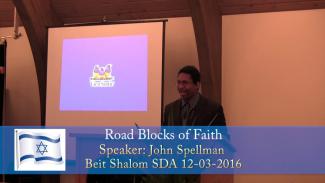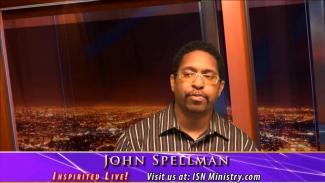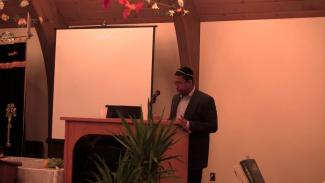Topic: Old Testament
To see more broadcasts select show names, a year, or all video media.Jeremiah's words had come to pass. The Babylonians had invaded and taken captives of the people of Judah. A remnant remained and new challenges arose for the nation. The people asked Jeremiah to inquire of the Lord for them. What words of warning did the prophet have for the people? How did they respond? What lessons can we learn from them today? Why was it wrong to seek safety in Egypt? In what ways do we tend to go back to Egypt today? What do these stories teach us about how we should relate to God's Word?
John Spellman preaches at the Beit Shalom SDA Congregation discussing roadblocks in our faith. How can traditions and customs block us from being able to experience a relationship with God? Should traditions influence how we understand God's Word? What did the prophets think about anything that contradicted the Torah and the testimony? Is it possible that today, with the abundance of YouTube scholars, and misinformation, that many have darkness thinking they have light? While some traditions can be a good thing, many customs and traditions are holding people in darkness.
After Job’s friends attempt to comfort him, Elihu jumps into the conversation. Was Job guilty of justifying himself rather than God? How can God be righteous if good people suffer and God permits it? Does God have a purpose in human suffering? Was Job really just and upright? Why did God respond to Satan’s challenge? What does this mean for us today? How is God’s perspective different from the human perspective? Can suffering ever be a good thing?
As Jewish people celebrate the feast of Sukkot, Christians should be reminded of what it meant and what it pointed to in prophecy? What if I told you it had a hidden meaning that was significant for our time today? Was the feast of Tabernacles only a commemoration of freedom from Egyptian bondage? Or was there something it pointed to in the prophetic future and the ministry of Jesus? Why did God want the people to dwell in booths? We will take a brief look at salvation history as good and evil struggle for custody of humanity in the Great Controversy.
What can we learn from the end of the story of Job? Does Job have a happy ending, or is he still awaiting his happy ending? What can this book teach us about human suffering for those who love God? Does God bless us in the here and now? What are the rewards of trusting God? Who can we depend on when family, friends, and acquaintances turn their backs on us? Is death truly the end of life’s story? How can the second coming of Jesus impact how we relate to hardship and difficulties in our lives? Did Job understand the doctrine of the resurrection?
How did the Old Testament show how important God views justice and mercy? What did the OT prophets have to say about this? Who is deserving of compassion? Should a person show kindness to enemies? What laws existed for the Israelites to show mercy on others and prevent oppression? How were the Israelites to relate to the have-nots among them? What powerful message does this send to Christians today? How did the different types of sabbaths reinforce the principles of equality and freedom? How might the principles of God's government compare with our own today?
How does the Old Testament teach the theme of mercy and justice? How did God's mercy and justice play a role in the way the Israelites were to treat and relate to one another? What message might that have for God's people today? How does God want us to show kindness to those around us? What is the proper relationship between religion and practical faith? Can a person focus so much on religious rituals that they undermine the very principles which God stands for while seeming to practice aspects of their faith? How do the Old Testament prophets speak to this situation?
What can we learn from Jesus' entry into Jerusalem? Why was He accepted by some and rejected by others? In what way was the glory of the second temple more than the glory of the first temple? What did Jesus intend to teach through the cursing of the fig tree, His parable about the Lord of the vineyard, and His parable of the wedding feast? Is the church today in danger of making the same mistake as the religious leaders in Israel?
John Spellman preaches at the Beith Shalom SDA Congregation on the story of Jonah who was commanded by God to go to Nineveh, but made plans to go elsewhere. In many ways believers are doing the same thing today. Has God called you to something that perhaps you don't want to do? Are you living a life that is contrary to God's plan for you? Have you been brought to a solitary place so that God can redirect you? If so, you might be going through a Jonah experience. When we make other plans, God steps in to correct our paths and to reach people around us.



